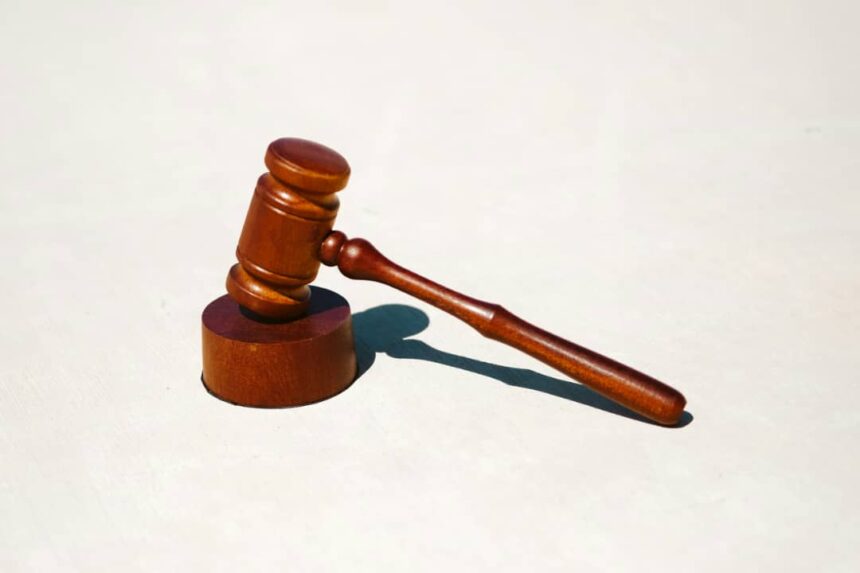The Supreme Court of Nigeria’s decision in Mainstreet Bank Capital Ltd & Anor v. Nigeria Reinsurance Corporation Plc (2018) LPELR-44905(SC) reinforces fundamental principles of arbitration law, especially the doctrine of party autonomy and the limited role of courts in arbitral matters. Below is a detailed analysis:
The Court cited Black’s Law Dictionary (8th edition) to define arbitration as:
“A method of dispute resolution involving one or more neutral third parties who are usually agreed to by the disputing parties and whose decision is binding.”
This sets the stage for the Court’s affirmation that arbitration is not just an alternative to litigation but one grounded in the mutual consent of the parties.
The judgment emphasized that arbitration is a voluntary process. Parties have the liberty to choose:
- Whether to submit to arbitration at all,
- The arbitrator(s),
- The rules that govern the proceedings, and
- Even the law applicable to the arbitration, provided such choices are not against public policy.
The Supreme Court a;so relied on the case of Ras Palgazi Const. Co. Ltd. v. FCDA (2001) LPELR-2941(SC).
This principle of party autonomy is the bedrock of arbitration and is globally recognized.
The Supreme Court reiterated that courts must respect the agreement of the parties. The judicial role is not to rewrite the contract or impose a different method of dispute resolution.
The Supreme Court further relied in the case of JFS Investments Ltd. v. Brawal Line Ltd. (2010) 18 NWLR (Pt.1225) 495, Sona Breweries Plc. v. Peters (2005) 1 NWLR (Pt.908) 478 and Owoniboys Tech. Services Ltd. v. UBN Ltd. (2003) 15 NWLR (Pt.844) 545
In essence, once parties have validly agreed to arbitrate, courts are bound to give effect to that agreement.
The case affirms that arbitration clauses must be upheld where they exist in valid contracts. If a party attempts to bypass the arbitration agreement and approach the court, the court has a duty to refer the matter to arbitration, not entertain the dispute.
Courts cannot interfere with:
- The arbitrator’s procedural discretion (as long as it aligns with the parties’ agreement),
- The substance of arbitral awards (unless for reasons such as misconduct, ultra vires jurisdiction, or breach of natural justice),
- Or substitute their judgment for that of an arbitral tribunal.
The only limit placed on the parties’ autonomy is public policy. Arbitration processes or outcomes that contravene public policy (e.g., fraud, corruption, denial of fair hearing) can be set aside by courts.
Conclusion
The Supreme Court in this case reinforced Nigeria’s pro-arbitration stance by recognizing:
- Arbitration as a private, contractual process,
- The primacy of the parties’ will, and
- The limited supervisory role of the judiciary.
This decision is consistent with global best practices and supports the growth of Alternative Dispute Resolution (ADR) in Nigeria, especially in commercial transactions.











